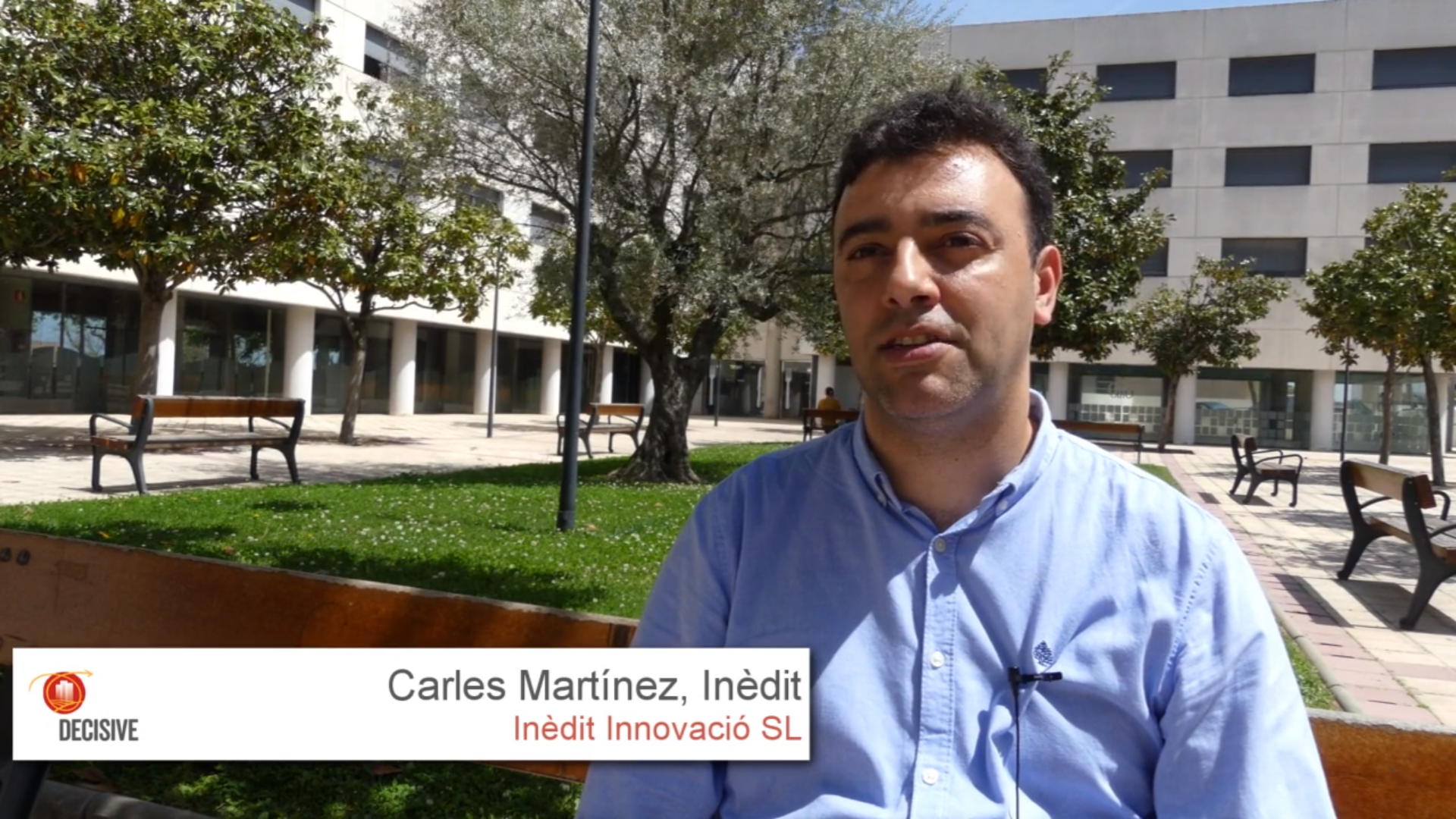During one of DECISIVE project’s conferences, we talked to Carles Martinez of Inedit which assesses the carbon footprint of various waste management and treatment options and who explained us how could cities and regions decreas their carbon footprints through decentralising their biowaste management.
His company, Inedit, does these assessements throughout Catalonia and the results prove the well known fact that the biggest contributor to any city’s carbon footprint are biowaste and mixed waste sent to landfills, as they generate large quantities of methane and the utmost has to be done in avoiding these practices. One approach which could reduce the dependecy on landfilling is surely selective collection. It doesn’t only increase recycling rates but serves as a basic example of how circular economy should be applied.
He reflected on the city of Barcelona and its performances which, according to him, are among the exemplary ones in Spain. This is mainly due to high sellective collection rates but also a good application of mechanical and bilogical waste treatment. However, he agrees that cities and regions should look beyond these exisitng practices and explore decentralisation options.
Biowaste management and its treatment have big potentials and applying certain innovative practices could give promising results. For instance, while Catalonia has its composting facilities, Carles Martinez shared his feeling that decentralised systems could rpovide even better products and further reduce carbon footprints.

